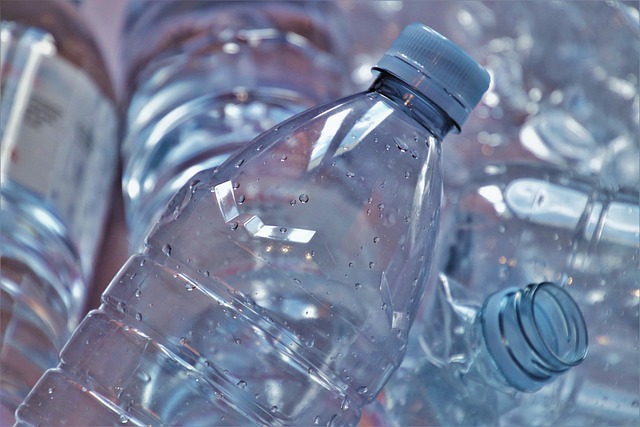U.S. Customs and Border Protection (CBP) announced today that it is participating in a new program to enable airlines to recycle single-use aluminum, paper, and plastic products used during international flights arriving in the United States, aligning with CBP’s Green Trade Strategy, which governs the agency’s efforts to advance environmental sustainability, climate resilience, and green innovation.
“The CBP agriculture mission echoes this comprehensive initiative aimed at promoting sustainable trade practices,” said Nidhi Singla, Agriculture Enforcement & Engagement Director of APTL. “We strive to unify efforts between government agencies, stakeholders, and the public, in order to foster a more sustainable future while protecting American agriculture.”
In addition to its ongoing mission of securing the nation’s borders, CBP, in partnership with U.S. Department of Agriculture (USDA) Animal and Plant Health Inspection Service (APHIS) and the International Air Transport Association (IATA), will work with airlines and port authorities at U.S. international airports to set up local policy and procedures for recycling single-use products based on the resources available within each airport’s environment.
APHIS and CBP will evaluate and approve airlines prior to granting permission to recycle on their international aircraft. The two agencies jointly regulate and enforce the handling of catering waste on foreign-origin aircraft as part of the Regulated Garbage program. Previously, recycling was not permitted on international flights; APHIS has historically mandated the incineration or sterilization of all Regulated Garbage waste upon arrival in the United States. This innovative new program will allow international airlines to recycle once appropriate safeguarding measures have been implemented, protecting American agriculture against foreign pests and pathogens while promoting the sustainability of the airline industry.
The new recycling program provides benefits ranging from resource conservation to energy savings. According to the U.S. Environmental Protection Agency (EPA), recycling just 10 plastic bottles saves enough energy to power a laptop for more than 25 hours. With over 120 million international passengers arriving in the United States annually, it is estimated that incoming passengers will generate over 67 million pounds of recyclables on international flights. This collaboration will lead to a reduction in the amount of material requiring incineration or sterilization, thereby lowering energy consumption and further contributing to sustainable practices in international aviation.

